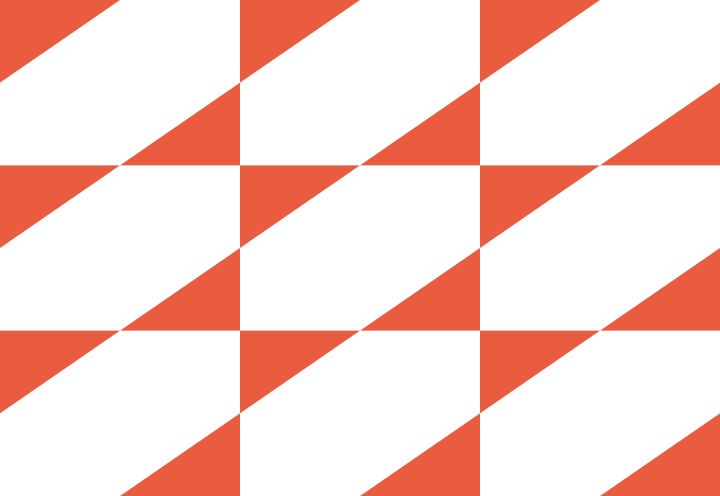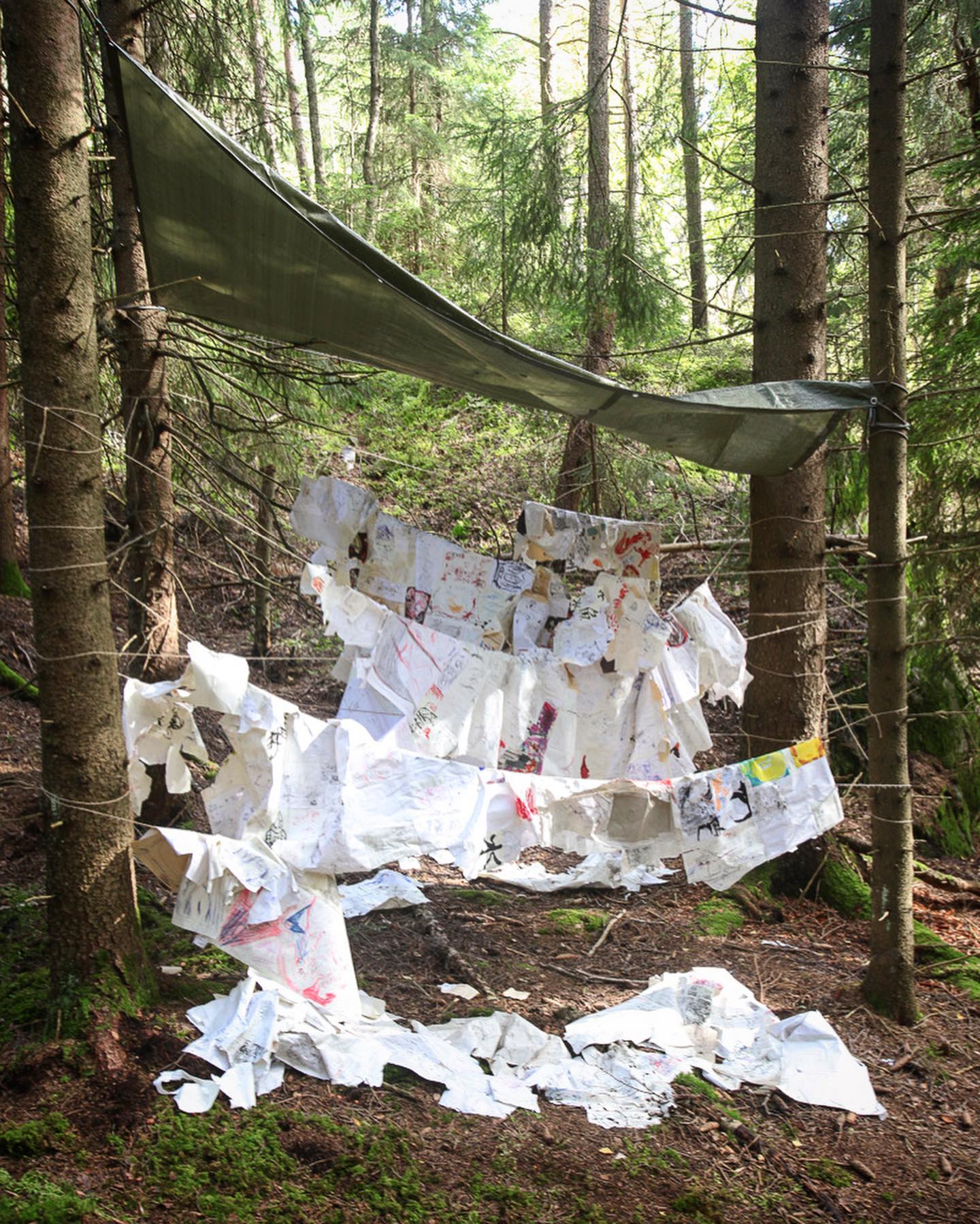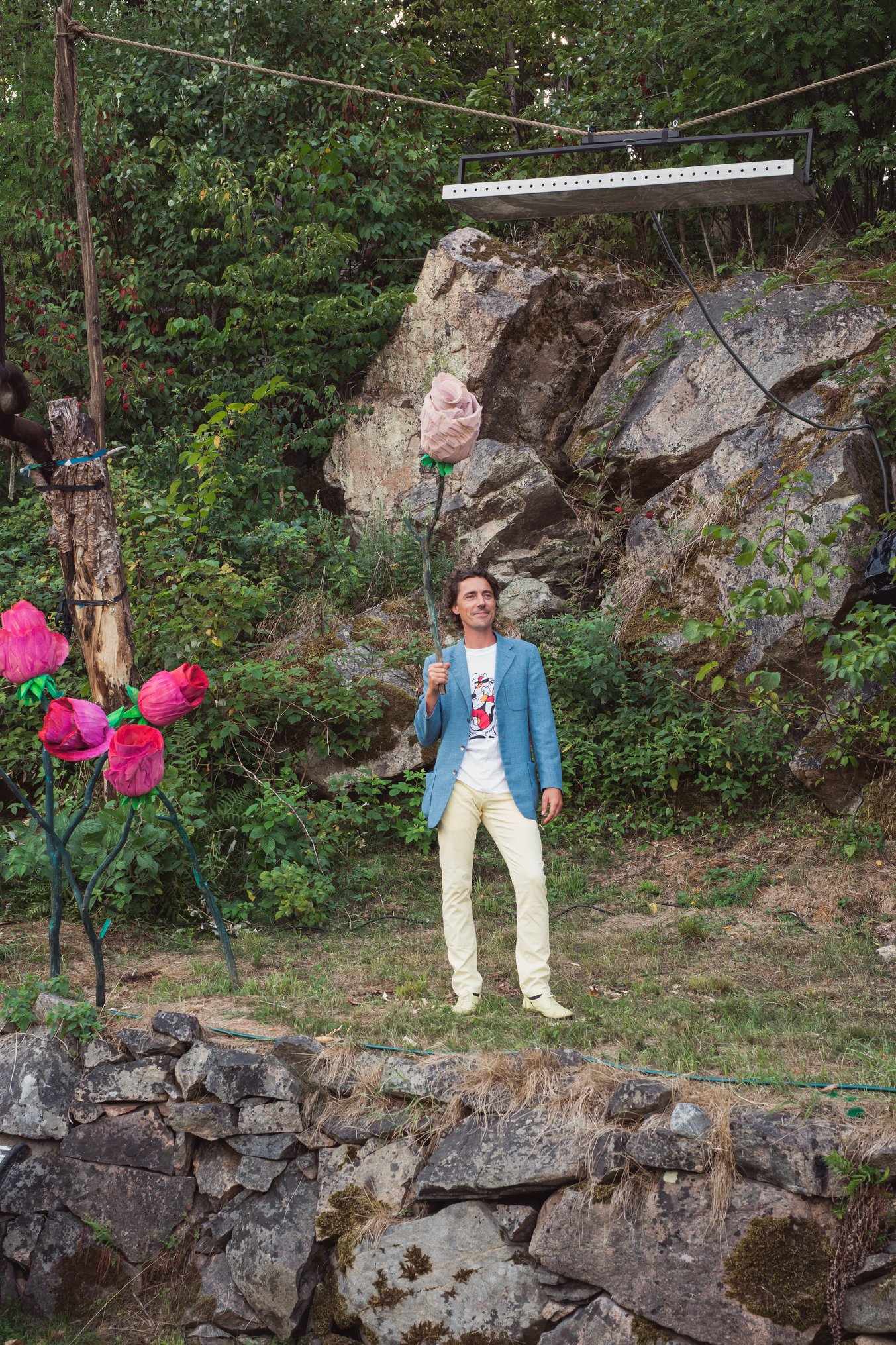
Local, small and big and shared actions.
In 2022, the Wrocław Institute of Culture became a new publisher of a unique magazine devoted to the city’s cultural life – “Wrocław Cultural Guide.” This free bimonthly magazine is a perfect example of networking of local cultural entities. Each issue has previews of over 100 events, interviews with artists and culture animators and stories of unusual places in Wrocław. All of this resulted from the cooperation of our editors with the endless list of organisations and people from the Wrocław culture sector. Even before the first issue of “Wrocław Cultural Guide” was published in June, it had become a means to help refugees coming to Wrocław since the first days of the war in Ukraine. Alongside other Wrocław institutions, organisations and Local Activity Centres, we prepared a website, an interactive database of events for Ukrainian- and Russian-speaking people, targeted at those escaping Russian aggression.
Aiming at furthering the cultural cooperation in Wrocław between local art centres and artists, we organised a forum for local artistic activities, The Art of Neighbourhood. From the 8th to the 15th of October, the creators working with and for local communities had a chance to discuss ways to include the residents in artistic activities. Besides the workshops strengthening the competencies of participants in cooperation with local communities, the programme of The Art of Neighbourhood many times allowed for exchanging experiences, sharing good practises, and networking – whether during the series of panel discussions or study tours presenting the art initiatives localised outside the city centre of Wrocław (e.g. Nowy Złoty, Macondo, Pracownia Witryna, MiserArt). Knowledge, support and relations – these were immensely motivating networking meetings!
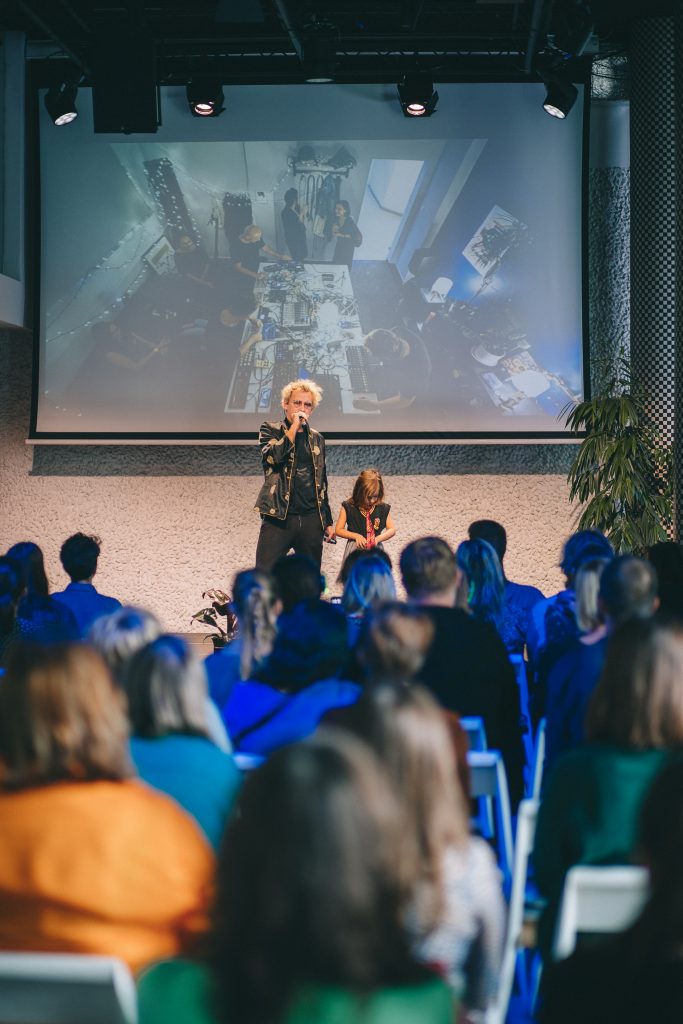
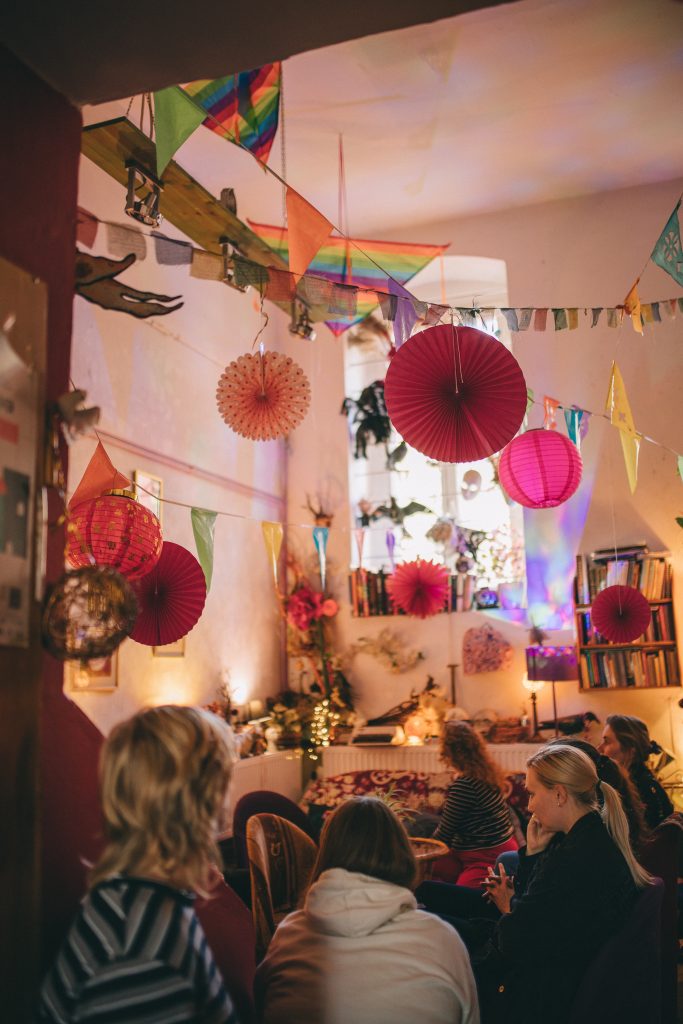

At the local level, we still pilot the activity of the local community of culture creators from the neon-illuminated yard of Ruska 46. At the last weekend of June, the cooperation of almost 20 cultural NGOs, clubs and artists residing here allowed us to organise a three-day-long event – Ruska 46 Backyard Day. The celebration of the creative yard was an excellent opportunity to remind everybody that Ruska 46 does not revolve only around the neons but also that it is a cultural hub for all artistic avenues, entertainment and social meetings.
Our nets also reach outside the premises of the city. We created an informal network – City Coalition, which on 8–11th November allowed us to invite representatives from Gdańsk (Institute of Urban Culture), Lublin (Centre for Culture), Poznań (ZAMEK Culture Centre) and Warsaw (Old House of Culture). Besides discussions and exchanges of experiences, there were also study tours in the Wrocław Local Activity Centres.
International cooperatives
An essential part of our operations is international projects organised with our foreign partners, and the last 12 months undoubtedly were intensive and exciting. After a two-year-long hiatus due to the pandemic, we returned to live meeting with our befriended organisations. Our first project in 2022 was finalising the next stage of the cultural cooperation between Wrocław and Berlin. By continuing the long-lasting collaboration between Kulturzug/Pociąg do Kultury (Train to Culture), CONVIVIUM Berlin e.V., and (since this year) the Wrocław Institute of Culture, we organised the 5th edition of BERLIN_culture forum_WROCŁAW. Twenty-three representatives of the Wrocław culture sector met in Germany and Poland to exchange good practices and strengthen the dialogue between the culture and art sectors of the two cities. One of the participants, Tinatin Gurgenidze, who also represents our long-term partner, Tbilisi Architecture Biennal – linked us with a cultural organisation focused on promoting Western European culture, Dekabristen e.V, which allowed us to start an international project, Re-imagine your city. This two-year-long design lab connects 100 young practitioners from Poland, Ukraine, Georgia and Germany who want to learn and exchange experiences researching cities and changing the public space through design and artistic activities.


Regarding international relations, we have to mention the European Capital of Culture Family – an informal network of previous, current and future European Capitals of Culture, which we have belonged to since Wrocław was nominated in 2016. Last year, the capitals were Kaunas in Lithuania, Esch-sur-Alzette in Luxembourg and Novi Sad in Serbia. As a member of the European Capital of Culture family, we had a chance to get to know them not only during the official opening events but also during two networking meetings: in the spring in Elefsina in Greece (European Capital of Culture 2023) and in the autumn in Veszprém, Hungary. The meetings of organisers of the European Capital of Culture were usually an opportunity to exchange viewpoints and reflect on the ongoing changes in culture, particularly in the organisation of cultural events. We also discussed new challenges and responsibilities the cultural and art sector bears over the local community amid the Russian invasion of Ukraine. Another European Capital of Culture family meeting is planned for spring 2023 in Tartu, Estonia.
Building international friendships is an integral part of modern networking. Thanks to the long-term international cooperation, we received an invitation to join the MagiC Carpets platform, which connects 16 cultural organisations from members of the EU and candidate countries with the leader of the Biennial in Kaunas. During the three-year-long project of Magic Carpets (2022-2025), the entire project team will meet six times (we already participated in the inaugural meeting in Kaunas and Innsbruck) and carry out over 120 art residencies, creating an extensive European network for up-and-coming artists and curators. The initiative is funded by Creative Europe.

And we are not finished yet! At the beginning of 2022, together with our Norwegian partners, who we met in Warsaw in 2020, we applied to the Culture Programme of the EEA Financial Mechanism. After two years of challenges in the culture sector, the application process resulted in awarding the Wrocław Institute of Culture and Hvitsten Salong funds to carry out a project, “Whose voices are being heard?” Its main idea was the include people with migrant experience or belonging to minority groups in the cultural and art circulation, thus expanding the inclusivity of this field. The project commenced in the autumn, and next year, we will have a chance to send and welcome the residents on both sides of the Baltic Sea.
What was new last year was starting the cooperation with Ukrainian organisations: Insha Osvita and Proto Produkciia for Creative Europe, “What’s Next? Safe cultural multi-spaces for the multidisciplinary reflection of (post)war and (post)crisis European identity”. This theme will be taken up with our partners from Austria, Romania and Germany, starting next spring for the next two years.

